|
The weight loss process has some associated myths that can have undesirable repercussions for our body. Some of the most common weight loss mistakes are clarified in this article. 1. Eating only soups, restrictive meals Soup, despite being a very healthy and nutritious food, especially if it is composed of a variety of vegetables, is usually low in calories and low in protein. It does not constitute a complete meal. Going on a soup-only diet is very restrictive. A vegetable soup can have on average per serving, between 60 Kcal to 120 Kcal, and 1 to 4 g of protein. An average meal to be balanced should have at least 300 Kcal to 600 Kcal, and more than 12 g of protein per serving. Making meals based only on soups is clearly insufficient from a nutritional point of view, not guaranteeing the minimum energy intake for the basic functions of the body. Although I advise all my clients to consume soup, especially those who want to control their weight, it should be consumed as a starter, not as a substitute for the main course. A restrictive diet, despite leading to rapid weight loss, can lead to long-term nutritional deficiencies, as it does not contain the minimum nutritional intake necessary to cover energy expenditure for basic body functions. 2. Cutting out food groups completely (bread, rice, pasta) When it comes to weight loss, carbohydrates such as rice, bread and pasta end up being quite feared, as there is a perception that these foods make you fat. Cutting out this group of foods completely during the weight loss process is a mistake, as this type of food is the main energy supplier to our brain. When this group is completely cut off from the diet, you may have symptoms of lethargy, tiredness and low mood. Carbohydrates are also a good source of fiber, especially wholegrain versions, important for good digestive health. This type of food alone does not make you fat. These provide 4 Kcal per gram, the same as protein. And fat provides 9 Kcal for every gram. What is important in the weight loss process is to eat carbohydrates in adequate portions, and in the simplest way possible, without adding fatty sauces, or frying, as this greatly increases the caloric value of foods. 3. Cutting out completely unhealthy foods There is a perception that in the weight loss process there is no place for a slice of cake or chocolate, for example. That this type of food must be cut out of the diet completely. The consumption of foods rich in sugar and fat should be limited, according to the principles of healthy eating, but they do not need to be completely eliminated from the diet, even during the weight loss process. Because, completely cutting out this type of food can create an unhealthy relationship with the food, increasing the desire for this type of food, and leading to periods of binge eating, followed by feelings of guilt. It will be more beneficial, if we educate our brain, that this type of food can be consumed in small portions, and sporadically. 4. Only considering calories There is no doubt that the energy value of food (calories) is important for the weight loss process. Because we only lose weight when the calories ingested are less than the calories we expend. It is quite common to make the mistake of counting calories during weight loss, without considering the origin of those same calories. Today it is known that not only the number of calories ingested matters, but also the type of food we eat. If we ingest 100 Kcal of raw vegetables or 100 Kcal of chocolate, our body will not completely extract the 100 Kcal from the food, as some energy is used to digest and metabolize the food. The energy used to digest and metabolize raw vegetables or chocolate is also different. Our body uses more energy to digest and absorb raw vegetables, for example, than chocolate. Check out the video "Does counting calories help to lose weight?" . Furthermore, considering the nutritional composition of foods, for example, protein composition, vitamins, minerals, fiber is extremely important for healthy weight loss, without causing nutritional imbalances. 5. Eating foods considered healthy without looking at portions We tend to label foods as "healthy" and "unhealthy". Although the term healthy is very relative, as it depends a lot on individual needs, there are certain foods that are labelled as healthy, such as avocado, peanut butter, almond butter, coconut oil, olive oil, nuts (almond, peanut, walnuts) and seeds. And so, it is common to think that this type of food for being healthy can be consumed without looking at the measure. The truth is that although these types of foods are nutritionally rich, they are energy dense. For example: 1/2 avocado (75 g) = 142 Kcal 1 tablespoon of almonds (20 g) = 115 Kcal 1 tablespoon of seeds (15 g) = 72 g 1 tablespoon of peanut butter (20 g) = 121 Kcal 1 tablespoon of coconut oil (15 g) = 135 Kcal 1 tablespoon of olive oil (15 g) = 133 Kcal That is why it is extremely important to consider food portions, both to lose weight and to control weight. Do you want to lose weight, and have tried several times without success? Read now
"How to lose weight and keep it off? 7 simple tips" . I'm a registered dietitian in the UK and I can help you lose weight in a healthy way without restrictive diets. Look up dome successful stories from some of my clients on here. Book a discovery call now with me on my website to find out how I can help you. Joana Jardim Registered Dietitian MSc Clinical Nutrition Founder of Your Diet Advice
3 Comments
22/11/2021 10:24:41 am
Yes. I agree with your all points because previously I did same mistakes. Thank you for sharing useful content.
Reply
20/1/2022 02:43:37 pm
Vegan way protein powder is a plant-based supplement for men and women. It's manufactured from plant-based resources that are naturally occurring. This vegan protein is made up of a superior blend of pea protein and brown rice protein
Reply
Leave a Reply. |
Categories
All
AuthorHi, I'm Joana, a Portuguese registered dietitian in the UK. I am passionate about helping others achieving their health goals. Archives
June 2024
|

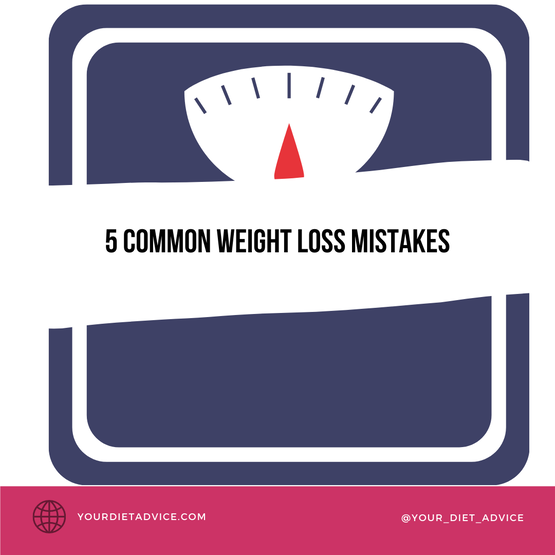
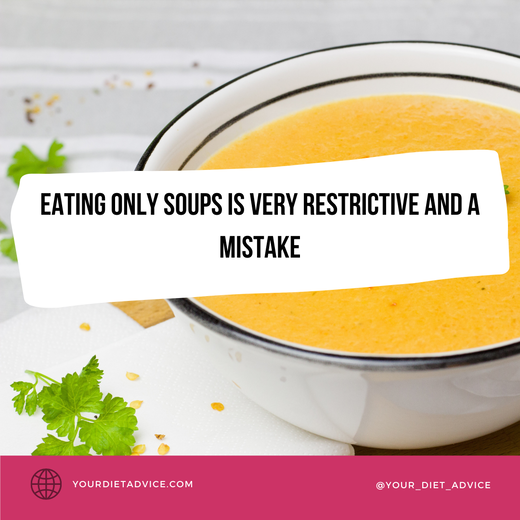
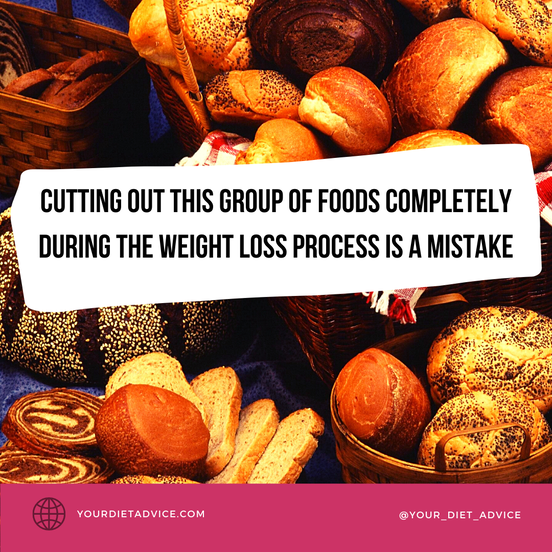
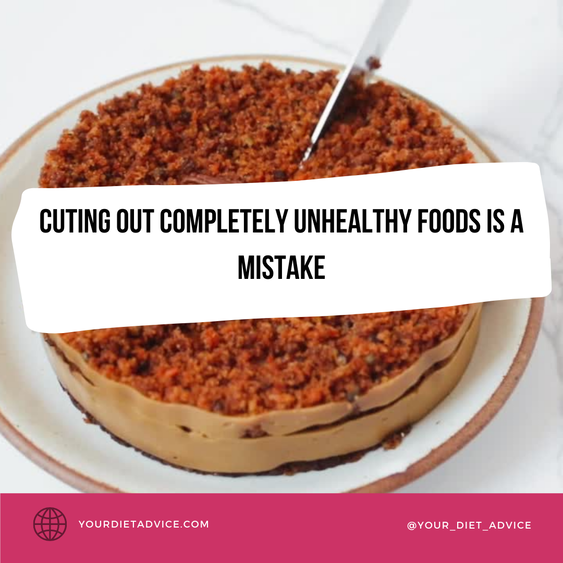
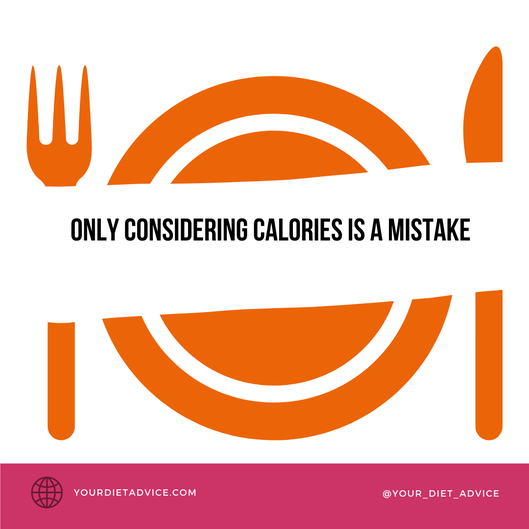
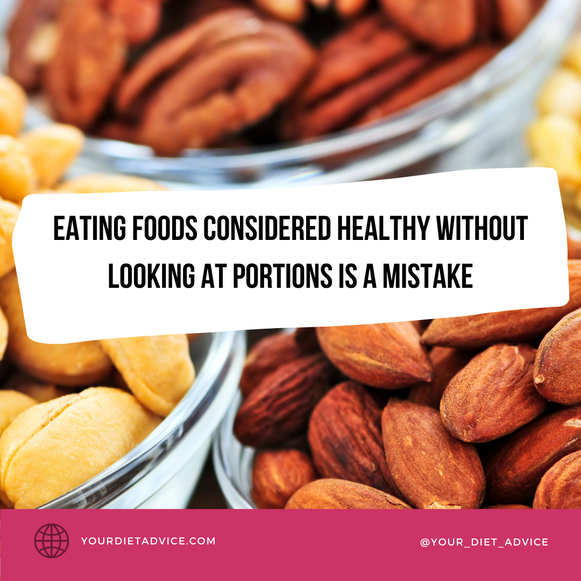
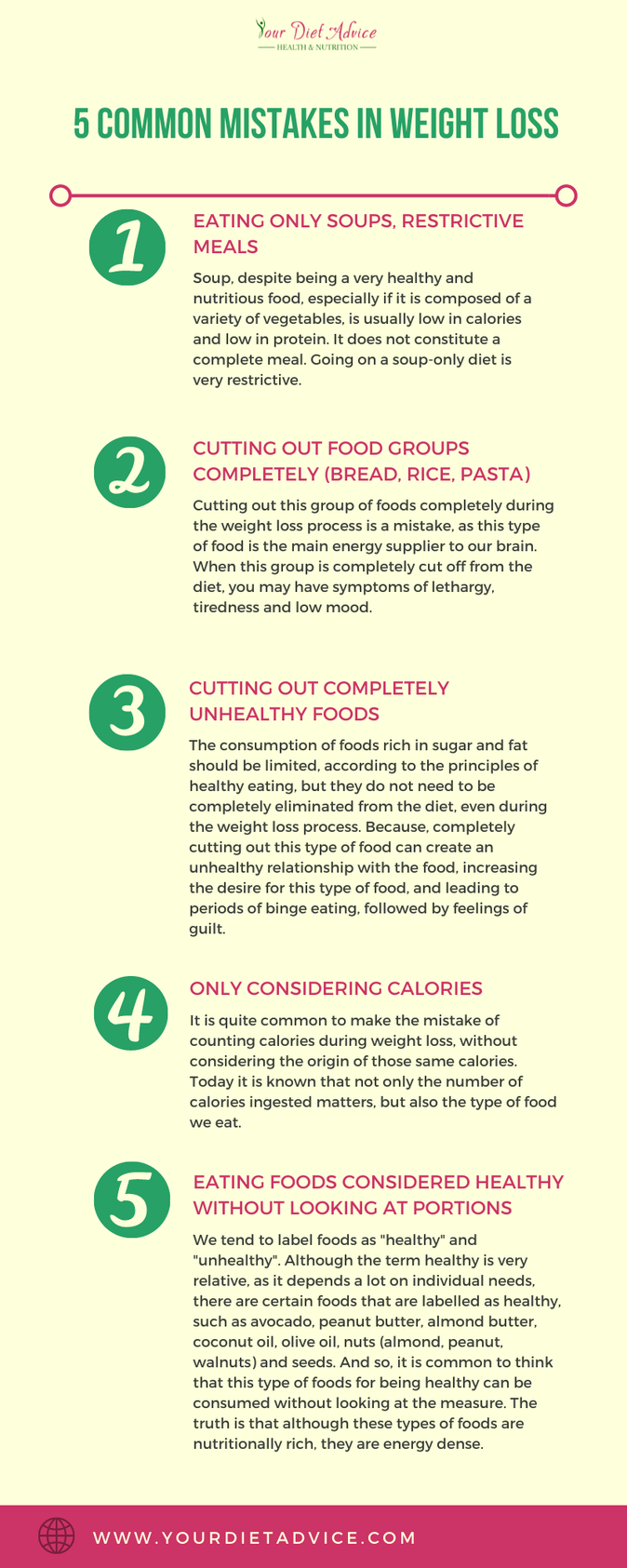
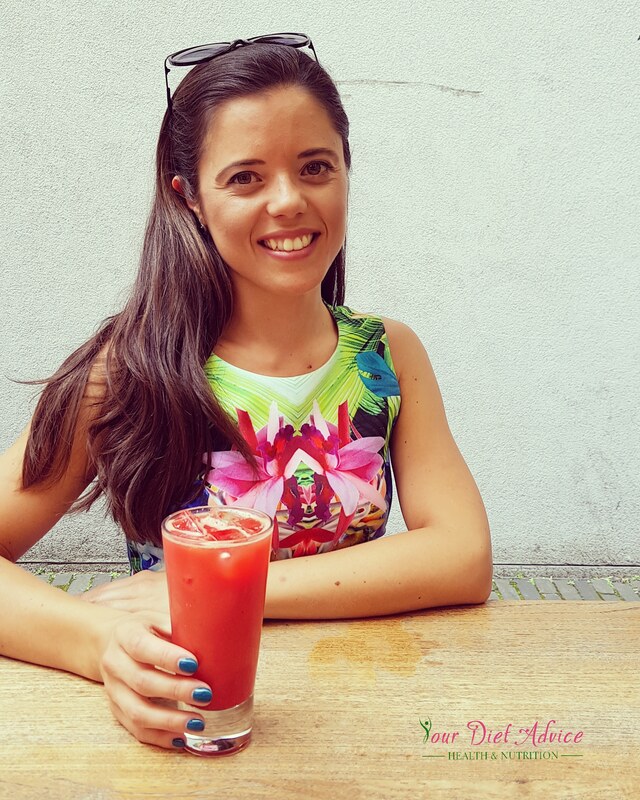
 RSS Feed
RSS Feed